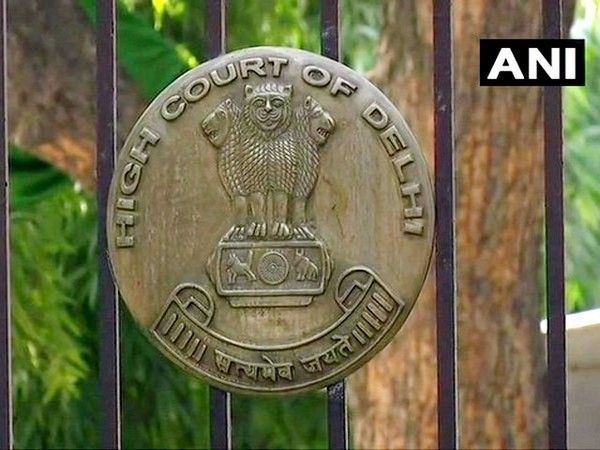Functioning of Town Vending Committee similar to Advisory Council under Delhi Development Act, says plea in Delhi HC
An association of Street Vendors, seeking inclusion of sections of Street Vendors Act in Master Plan 2021, on Wednesday told the Delhi High Court that the functioning of the Town Vending Committee under the Street Vendors Act is similar to the Advisory Council under Delhi Development Act.

- Country:
- India
An association of Street Vendors, seeking inclusion of sections of Street Vendors Act in Master Plan 2021, on Wednesday told the Delhi High Court that the functioning of the Town Vending Committee under the Street Vendors Act is similar to the Advisory Council under Delhi Development Act. Senior Advocate Sanjeev Ralli, appearing for the petitioner, drew an analogy between the Town Vending Committee (TVC) under Street Vendors Act and Advisory Council under Delhi Development Act, 1957.
Mentioning that the functioning of the two is the same, Ralli said, "TVC deals with issues relating to the number of vending and where vending has to take place. Similar things were also observed by the DDA advisory board so far as the Delhi Master Plan is concerned." The advocate also cited various judgements to support its petition.
During the hearing, the Bench remarked that what the Courts do is a thankless job and they only earn the ire of the populist. The matter was adjourned for further hearing on December 8.
Earlier on November 11, the High Court issued notice to Delhi Development Authority (DDA) on a plea seeking setting aside of the limited sections of the Delhi Master Plan 2021 and to substitute it with the section as per the Street Vendors (Regulation of Livelihood and Regulation of Street Vending) Act 2014. Petitioner sought direction to quash and set aside the limited sections mentioned in the Master plan of 2021 which are in direct contravention to the Section 3 and 21 of the Street Vendors (Protection of Livelihood and Regulation of Street Vending) Act, 2014. The Delhi Master Plan of 2021 does not take into account the existing provisions in the Act introduced by the Parliament in regard to street vendors and hawking, the plea said.
The plea further stated that a long effort of almost six decades was carried out through court litigation, including in Delhi, and public advocacy which culminated in until the passage of the Street Vendors (Protection of Livelihood and Regulation of Street Vending) Act in 2014 ("SV Act"). It stressed on the State's duty to safeguard the rights of these micro entrepreneurs to earn an honest living and ensure due recognition for their contribution to society. The Act aims to protect street vendors' livelihoods and provide them with a conducive environment for carrying out business. According to the petitioner, in 2007, Master Plan for Delhi 2021 was approved by the DDA. In 2014, The Street Vendors (Protection of Livelihood and Regulation of Street Vending) Act, 2014 was introduced by the Parliament of India. In 2014, Amendments were made in the Master Plan of 2021 over the period. But in 2021, the Master Plan of 2021 makes no mention of the Street Vendors (Protection of Livelihood and Regulation of Street Vending) Act, 2014.
It also stated that, if the Respondent authority is not directed to take appropriate steps in order to implement the Street Vendors (Protection of Livelihood and Regulation of Street Vending) Act 2014, all the urban street vendors in the State shall continue to suffer irreparably which would result in an absolute miscarriage of justice. It is further stated that the street vendors belong to the unorganized sector and unlike the social security schemes available for the rural unorganised labours, there is no scheme adopted by either the Central or the State Government for securing the livelihood of poor people living in the cities and towns. As a form of self-employment and as a means to earn livelihood decently, a majority of the urban poor population choose street vending as the only available option, the plea read. (ANI)
(This story has not been edited by Devdiscourse staff and is auto-generated from a syndicated feed.)
ALSO READ
High Court Urges Quick Decision on MP Amritpal Singh's Temporary Release Plea
High Court Shelves Julio Iglesias Investigation
High-Stakes Rulings: Key Decisions from the Delhi High Court
Karnataka High Court Unblocks Bike Taxis: A Boost to Urban Mobility
Anshul Raj Appointed as Patna High Court Judge










